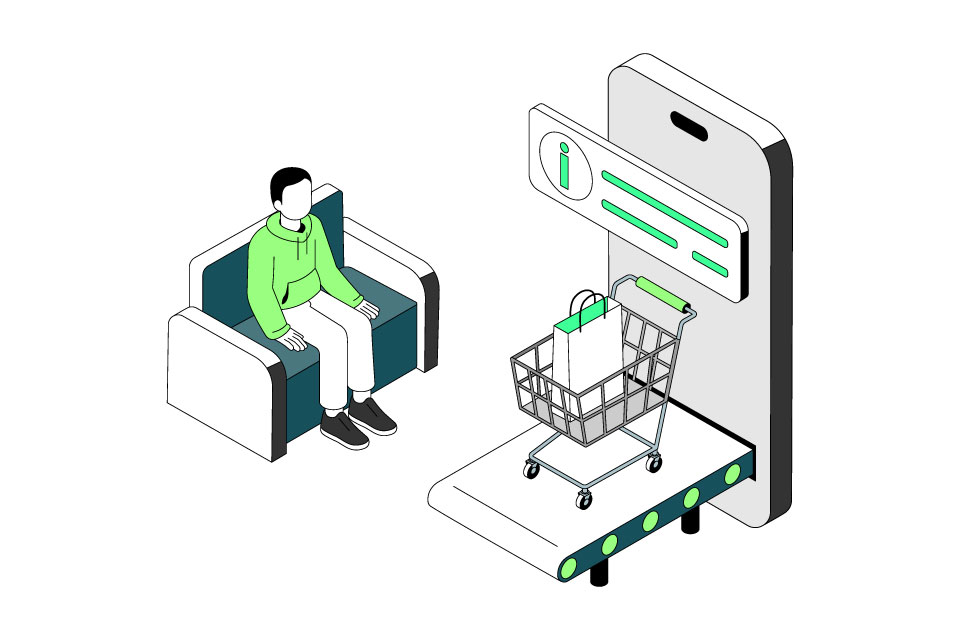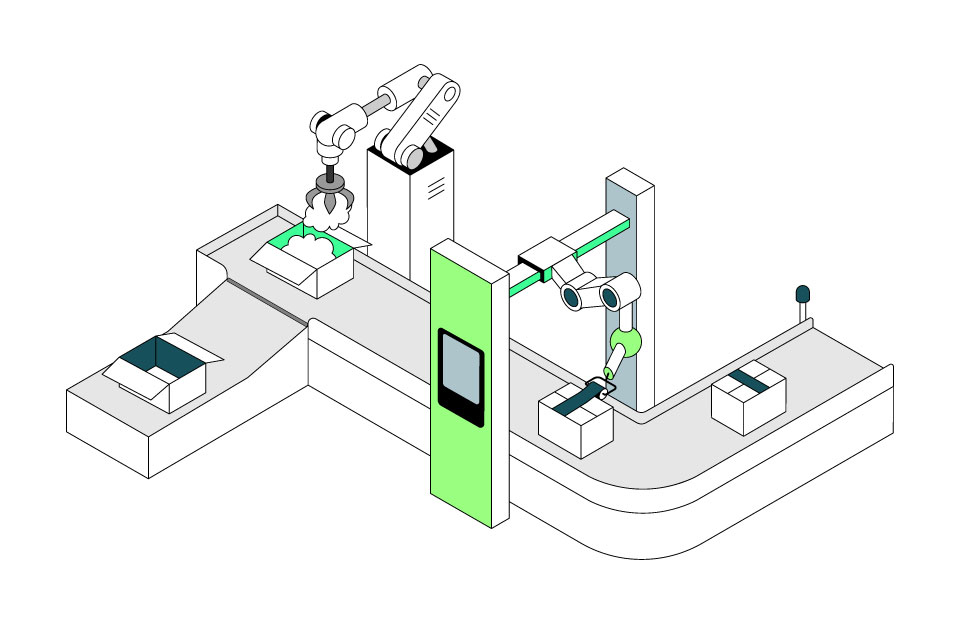In recent months, we have seen several major retailers and banks experience significant digital outages. Morrisons, Marks & Spencer, the Co-op, and Harrods have been the latest to fall victim, with M&S still reeling from a far-reaching incident which started over two weeks ago.
These incidents should be a stark reminder of the growing sophistication of these cyber attacks and the challenges organisations face in operational resilience as a result – challenges that are likely to become more frequent, complex, and impactful. We have striven for a more automated, connected and integrated approach to deliver end-to-end frictionless customer experiences, and these systems and processes will be tested to their limits.
More than this, these events pose a substantial threat to businesses – not just in terms of a share price hit and service disruption in the short term, but to their long-term reputations too.
New risks, same repercussions
Such is our reliance on technology in the modern age that the implications of cyber attacks are all the more serious. From halting online orders to empty shelves and hardware failures on the shop floor, almost every service touchpoint faces disruption when a company’s IT systems fail or are attacked.
While these are usually temporary problems which can be measured in lost sales and productivity, it is the more lasting consequences – such as the erosion of trust – that are far harder to measure, and which require board-level attention.
Our latest Risk & Reputation research revealed that 61% of customers who have experienced a significant service failure said it eroded their trust in that organisation.
And we also know that trust is fundamental to driving customer satisfaction and loyalty. 81% of customers are more likely to recommend a company they trust, and 78% are more likely to spend more with that company if the trust is there.
In a fragmented world with a number of malicious actors looking to cause disruption, earning and sustaining this trust has become harder, yet more critical. So, how do we maintain customer confidence, even when disruption strikes?
Building reputation and trust
Ultimately, adopting a long-term focused approach to service is essential. This means continually analysing service performance, identifying vulnerabilities and potential pain points, and investing in the systems, skills, and processes that support a consistent and reliable experience. Having an adequate Plan B with clear business continuity plans is essential – and in a highly automated world, ensuring we can still deliver our services using ‘people and paper’ is important! And we should all be collaborating with other organisations to understand what they are doing and ways to address these pressing and high-profile risks.
This enables organisations to deliver excellent service in ‘stable’ circumstances and provides a foundation for business resilience and recovery when things do go wrong.
By building a reputation for caring about customers and getting it right the first time – through well-trained people, clear and timely communication, and robust contingency planning – organisations can build up goodwill from customers that will help carry them through in challenging moments.



